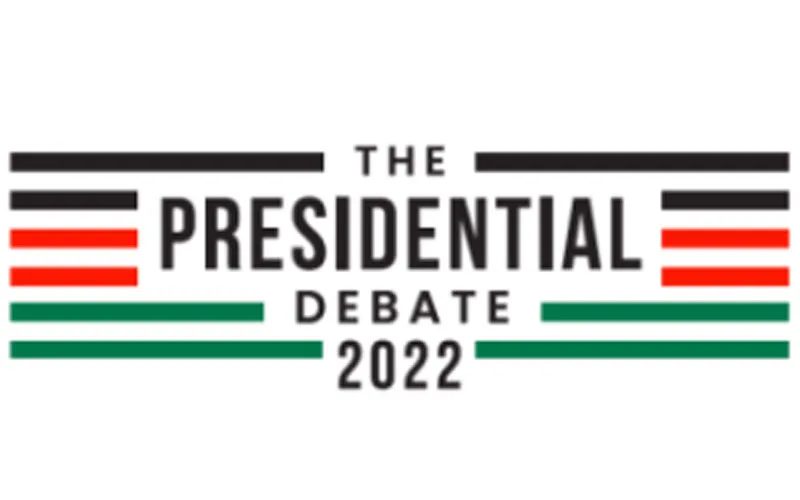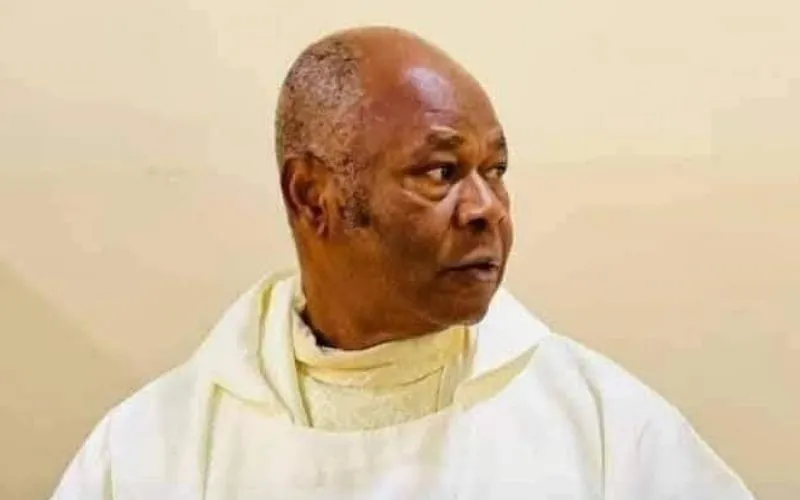These include David Mwaure Waihiga (Agano Party), Dr. George Wajackoyah (Roots Party), Raila Odinga (Azimio Coalition Political Party) and William Ruto (United Democratic Alliance-UDA).
In the debate, the four presidential candidates were expected to make public their agenda for the country and also to answer questions that are at the heart of the electorate.
Meanwhile, Azimio spokesman, Prof. Makau Mutua, has announced that Mr. Odinga may not be participating in the debate, citing what he termed as Mr. Ruto’s disregard for morals.
“Our opponent has no regard for ethics, public morals or shame, that is why he has demanded that the debate not focus on corruption, integrity, ethic and governance – the key existential question that Kenya faces. These issues sit at the core of the Azimio campaign. Any debate devoid of these questions will be an insult to the intelligence of Kenyans,” Prof. Mutua said on Sunday, July 24.
In their July 22 report, the activists of CitizenGo lament Kenyan politicians’ tendency to disregard the right to life.
“The Kenyan constitution is very clear on the family and right to life but we have seen concerted efforts by politicians aligned with various parties pushing for the legalization of abortion and homosexuality,” they said.
They added, in reference to a Bill that sought to legalize abortion in the country, “Honorables Esther Passaris, Susan Kihika, and Millie Odhiambo have led the park of abortionists who have steered very controversial pro-abortion legislation that we have successfully fought against.”
“We thus demand that their party bosses declare their stance on illegalities like abortion and homosexuality during the presidential debate to be held on July 26th, 2022,” the Catholic activists say.
Sponsored in parliament by Gubernatorial candidate Susan Kihika, the Kenya’s Reproductive Healthcare Bill, 2019, requires national and county governments to ensure access to adolescent-friendly reproductive health services.
The Bill provides a framework for assisted reproduction services by outlining the requirements for surrogate parenthood. It also provides a framework for access to reproductive health services by adolescents.








